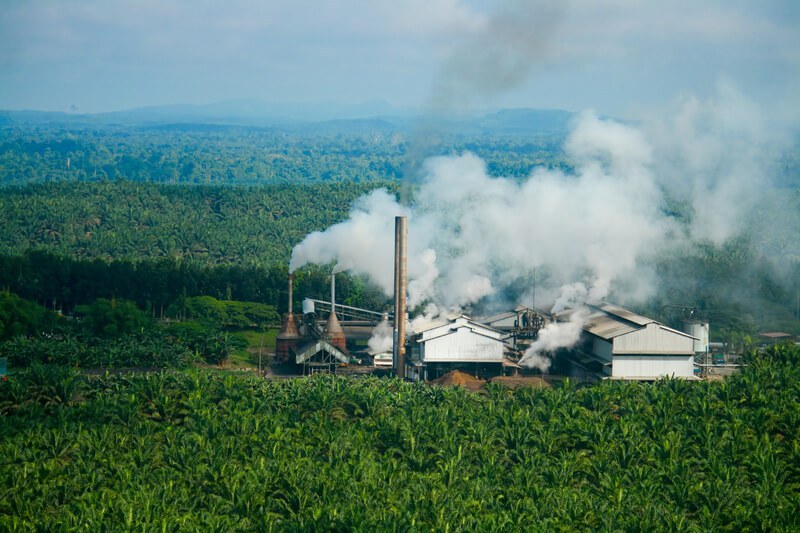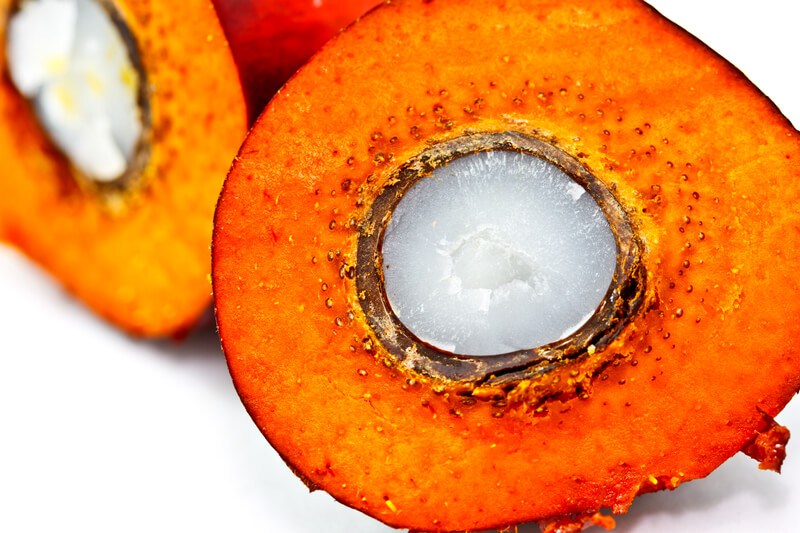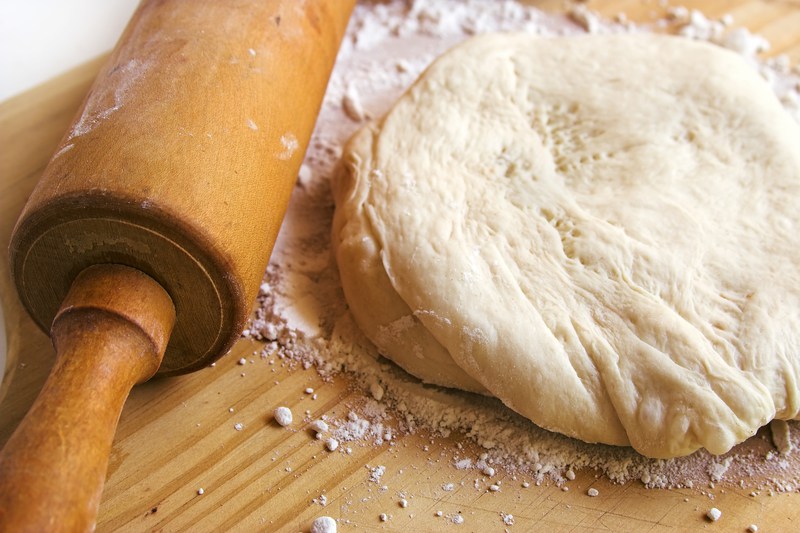| Two Swiss NGOs have started a petition calling for Swiss retailers to reduce or remove palm oil from their products.
Present in many processed foods, cosmetics and detergents, the ingredient has a bad reputation. The NGOs Bread for All and the Swiss Catholic Lenten Fund want to see a reduction in palm oil consumption. They believe voluntary initiatives by the palm oil sector to clean up the industry have done nothing to address the real problems associated with its production and think buying and consuming less of it is the best answer. In their press release they explain that palm oil production has tripled over the last 30 years, partly because it is so cheap. However, other high costs go unnoticed. In particular, vast tracts of tropical forests are being destroyed and some people are losing the land they need to survive. Scott Poynton, founder of The Forest Trust, an organisation based in Nyon that helps companies to reduce their environmental and social impact, reckons the palm oil issue is more nuanced. He says: “While it’s true that palm oil has a lot of seriously negative issues associated with it – forest destruction and very poor labour practices, it’s not alone in this and it has generated huge levels of economic development for people wherever it’s grown. I call it the palm oil dilemma. Our approach is to work to get it grown more responsibly and we are definitely seeing big improvements.” |
|
| It is worth noting that some processed foods contain a worse fat: trans-fat. The WHO recommends avoiding this completely. On labels this can show up as hydrogenated oil.When browsing the aisles of a Swiss supermarket, it is difficult to know what environmental and social damage might be associated with the food on display. However there is another more clear-cut reason to skip products with palm oil in them: health. Palm oil is high in saturated fat, the kind the World Health Organisation associates with heart disease. Palm oil contains around five times as much saturated fat as salami. In addition, products containing palm oil are processed, which means they often come with high levels of salt, sugar and other unhealthy ingredients.
The main food products likely to contain palm oil include packaged bread, ready-to-use pastry or pizza dough, cakes, pastries, biscuits, ice-cream, chocolate, chocolate spread, instant noodles and butter substitutes |
|
| Spotting it on labels is not always easy. Sometimes it is described as vegetable oil, vegetable fat, palm kernel or palmate. It also has many derivatives such as glyceryl, stearate, stearic acid, elaeis guineensis, palmitoyl oxostearamide and palmitoyl tetrapeptide-3, to name just a few.
One way to send a message to retailers is to ask staff if they have, for example, pizza dough without palm oil or its derivatives. If they don’t then why not make your own? 600 grams of flour, half a cube of yeast – this can usually be found in the same section as the pre-made dough, 350 ml of lukewarm water, an optional dash of salt, 10 minutes of kneading and you’ll have enough dough for four pizza bases. Just make sure you leave the dough to rise for at least 30 minutes before rolling. Bon appétit! |
Full story here Are you the author? Previous post See more for Next post
Tags: newslettersent






































